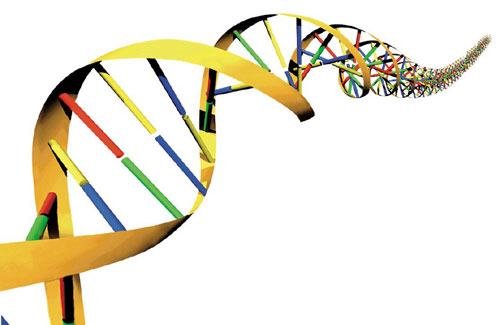
The Executive Organ of ROC passed the scheme for “strengthening the Biotechnological industry and promote” and urged Ministry of Education to be responsible for talents` cultivation and improvement of the Biosecience education in 1995. This is an important subject for our department to combine the Biotechnological relevant courses, raise course quality, train relevant technology and familiarize students with relevant regulation.
We designed our courses related to theory and practices.
- In the undergraduate course, we have designed essential and elective courses including fundamental, core, liberal and specialty.
- In addition, seminar and topic practice related courses will train students for individually research.
- For postgraduate courses, we arrange the core course (using “The Cell” text book) which is divided into four sections as 8 credits to support the basic knowledge.
- We also provide different topic courses up to 14 credits for Bio-medicine, neurology, embryology, oncology, Biotechnology, food toxicology and food science.
- In addition, our department also arranges training courses for instrument and animal caring.
Three major programs, life science, Bioinformatics, and food science, are available for students to take re-organized courses.
The regular academic activities of our department include:
- Inviting visiting professors to support our education and research.
- Holding research competitions.
- Encouraging our students to join academic conferences.
- Visiting Bio-tech and food companies.
- Launching industry cooperation projects to provide multiple training channels for students.
We focus our research topics on:
- The development of stem cells.
- Bioscience health foods.
- Multiple expression systems.
- Bioinformatics.
Sure, here’s the revised response with the bulleted points reformatted:
In order to cooperate with the national development in science and technology, the Executive Organ of ROC classified Biotechnology as one of the eight key science and technology fields in 1982. It also prepared to establish the research and development unit of Biotechnology at the same time.
The Executive Organ of ROC passed the scheme for “strengthening the Biotechnological industry and promote” and urged Ministry of Education to be responsible for talents` cultivation and improvement of the Biosecience education in 1995. This is an important subject for our department to combine the Biotechnological relevant courses, raise course quality, train relevant technology and familiarize students with relevant regulation.
We designed our courses related to theory and practices.
- In the undergraduate course, we have designed essential and elective courses including fundamental, core, liberal and specialty.
- In addition, seminar and topic practice related courses will train students for individually research.
- For postgraduate courses, we arrange the core course (using “The Cell” text book) which is divided into four sections as 8 credits to support the basic knowledge.
- We also provide different topic courses up to 14 credits for Bio-medicine, neurology, embryology, oncology, Biotechnology, food toxicology and food science.
- In addition, our department also arranges training courses for instrument and animal caring.
Three major programs, life science, Bioinformatics, and food science, are available for students to take re-organized courses.
The regular academic activities of our department include:
- Inviting visiting professors to support our education and research.
- Holding research competitions.
- Encouraging our students to join academic conferences.
- Visiting Bio-tech and food companies.
- Launching industry cooperation projects to provide multiple training channels for students.
We focus our research topics on:
- The development of stem cells.
- Bioscience health foods.
- Multiple expression systems.
- Bioinformatics.
For education topics, we focus on Bio-medicine and health science as part of our department characteristics.

